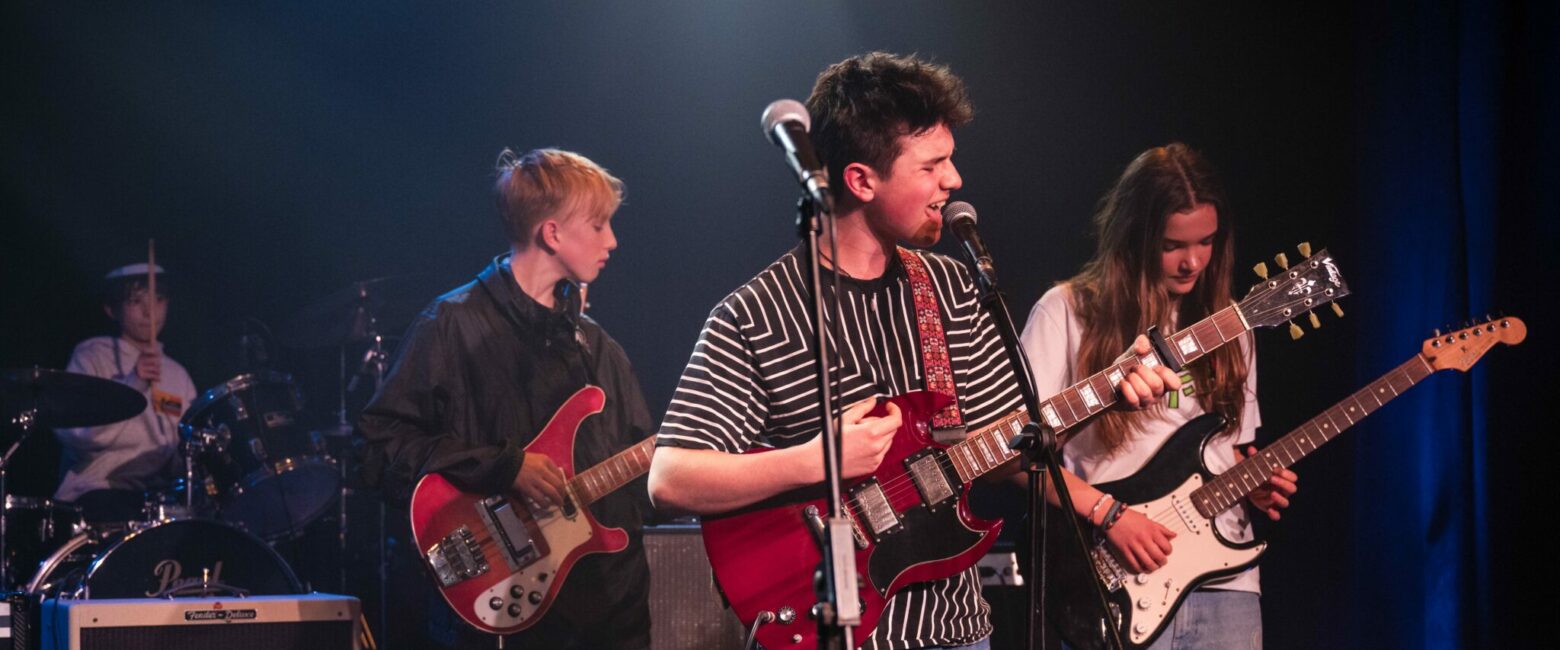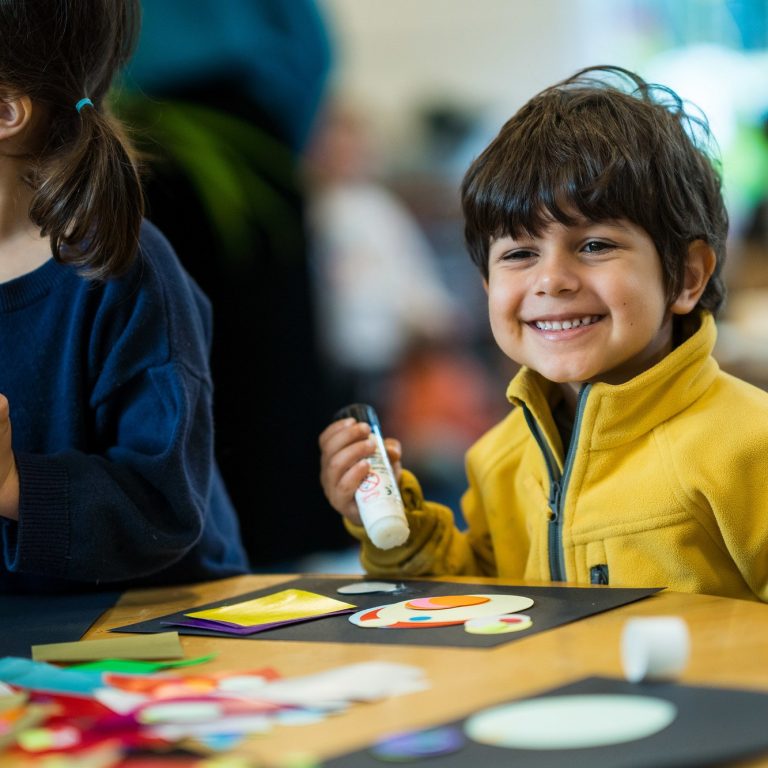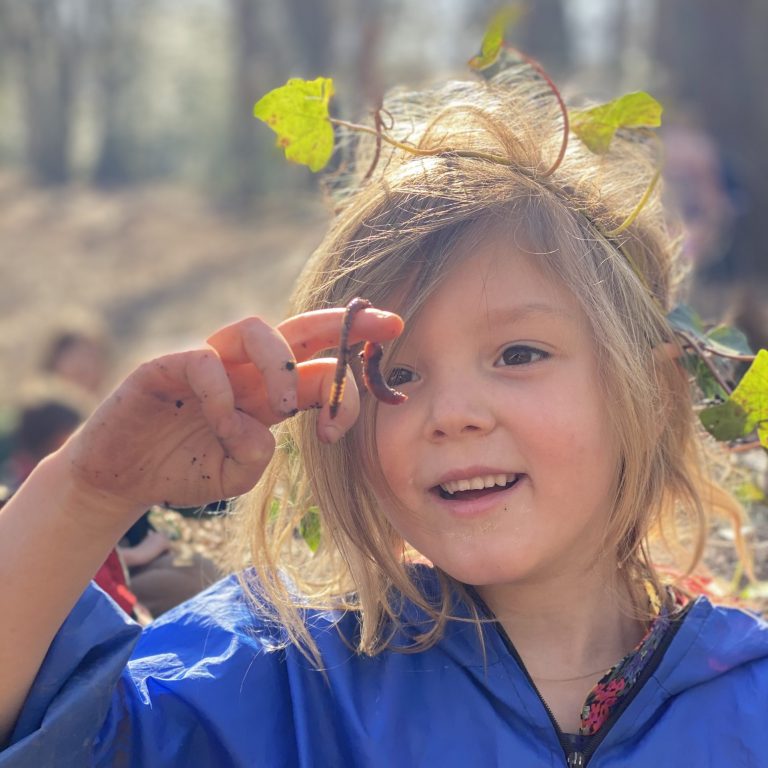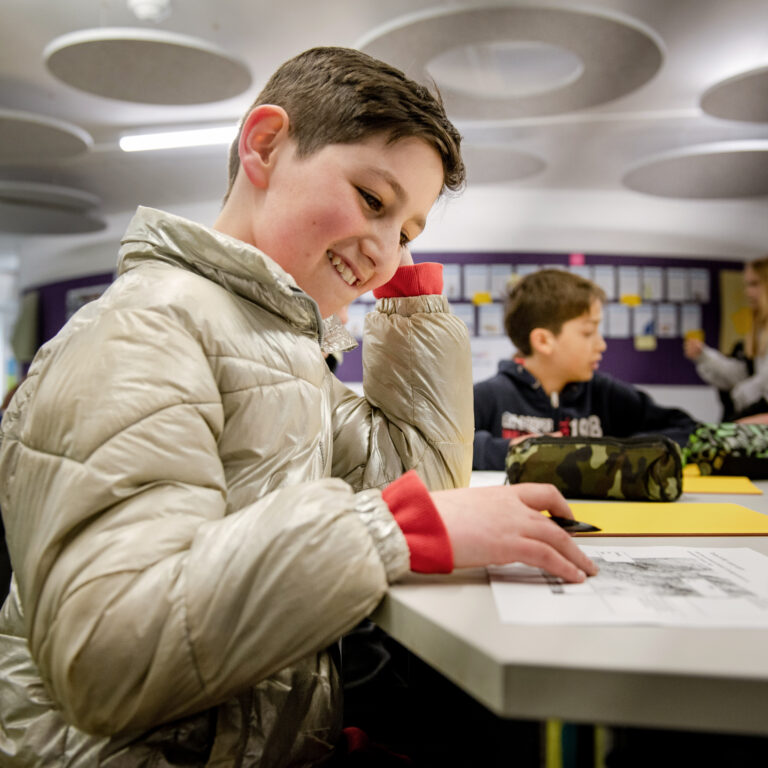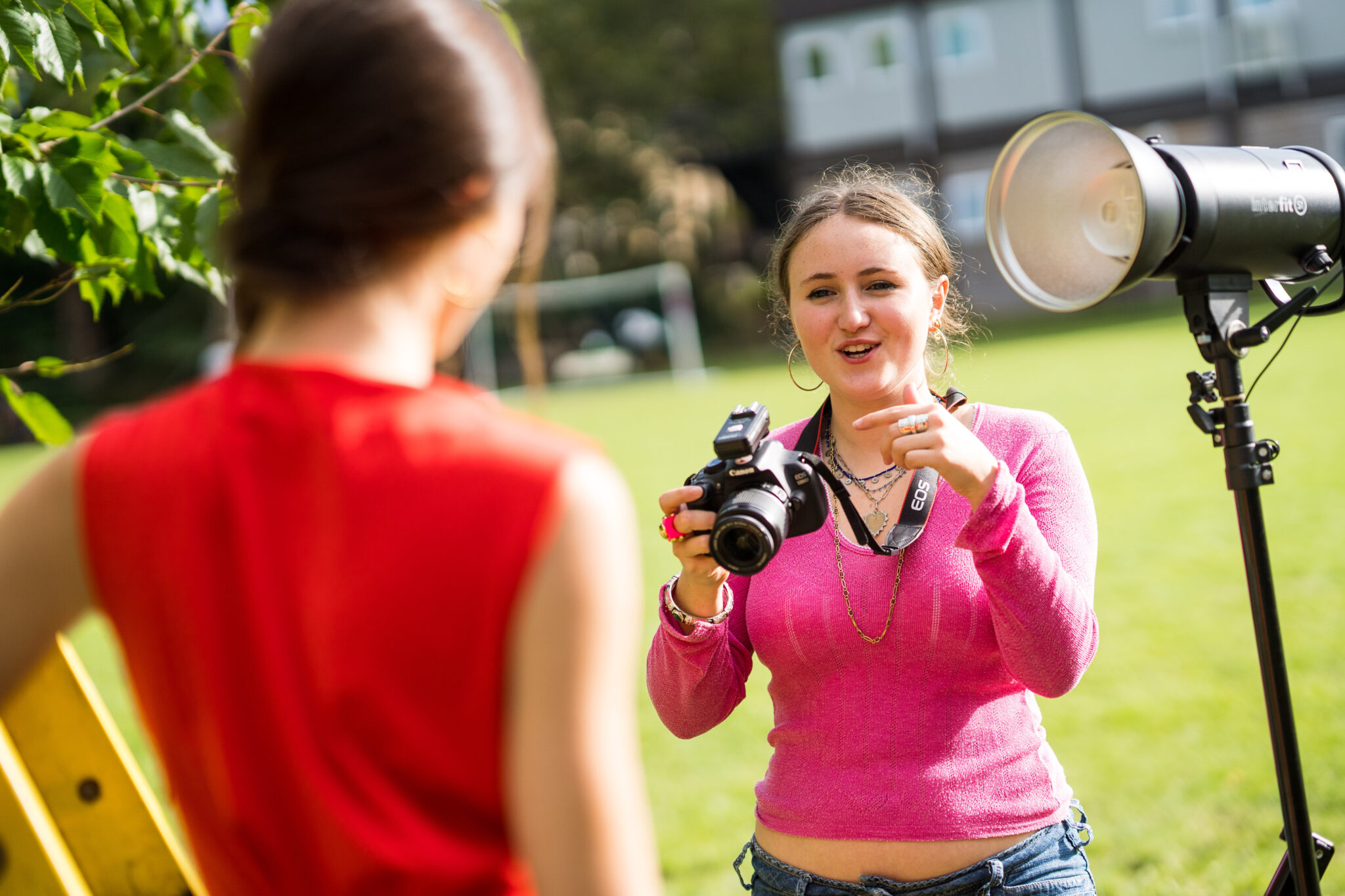Head’s Blog: Resilience In Focus
28th November 24
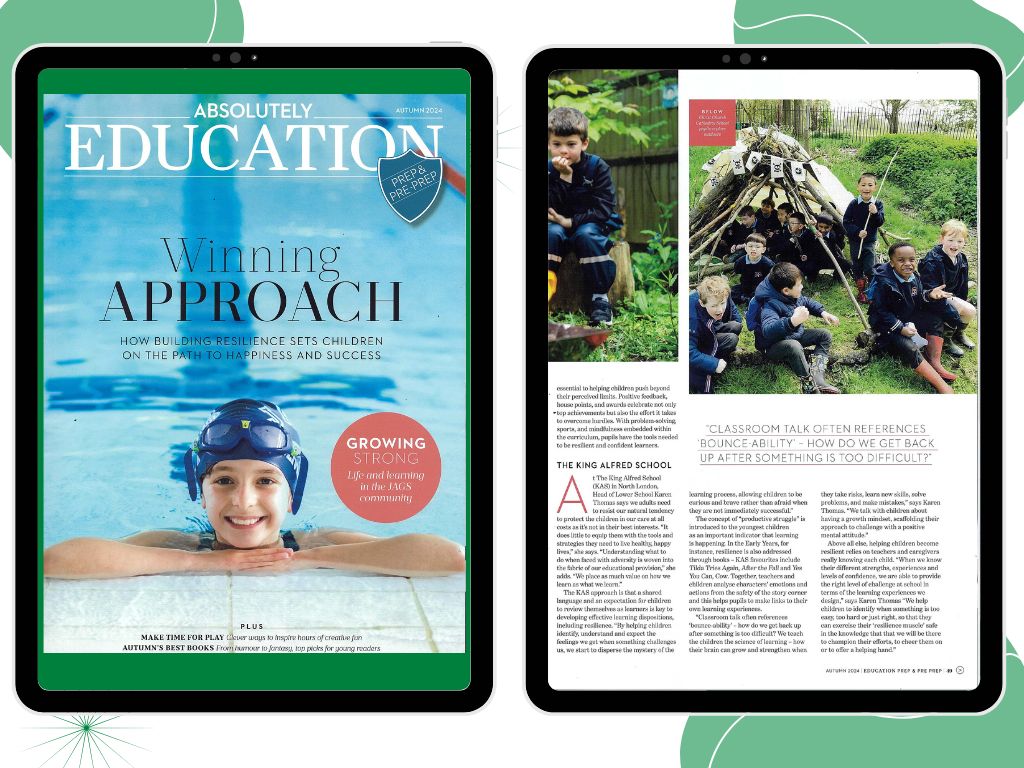
Karen Thomas, Head of Lower School appears in the current issue of Absolutely Education magazine as part of an article called ‘Developing Resilience in Schools’. You can read the whole article here.
While our natural tendency may be to protect the children in our care at all costs, wrapping them up in cotton wool does little to equip them with the tools and strategies they need to live healthy, happy lives. Understanding what to do when faced with adversity is woven into the fabric of our educational provision at The King Alfred School (KAS) where we place as much value on how we learn as what we learn in school.
Having a shared language and an expectation for children to review themselves as learners is key to developing effective learning dispositions such as resilience. By helping children identify, understand and expect the feelings we get when something challenges us, we start to disperse the mystery of the learning process, allowing children to be curious and brave rather than afraid when they are not immediately successful at something. The concept of productive struggle is introduced as an important indicator that learning is happening.
In the Early Years, the concept of resilience is also addressed through books such as ‘Tilda Tries Again’, ‘After the Fall’ and ‘Yes You Can, Cow’. Together teachers and children are able to analyse characters’ emotions and actions from the safety of the story corner and are encouraged to make links to their own similar experiences.
Classroom talk often references bounce-ability – how do we get back up after something is too difficult? We teach the children the science of learning – how their brain can grow and strengthen when they as take risks, learn new skills, solve problems, and make mistakes. The book ‘Your Fantastic Elastic Brain’ provides a useful introduction to our brain’s plasticity.
We talk with children about having a growth mindset, scaffolding their approach to challenge with a positive mental attitude – when ‘I can’t do it’ turns into ‘I can’t do it yet’, all possibilities remain open.
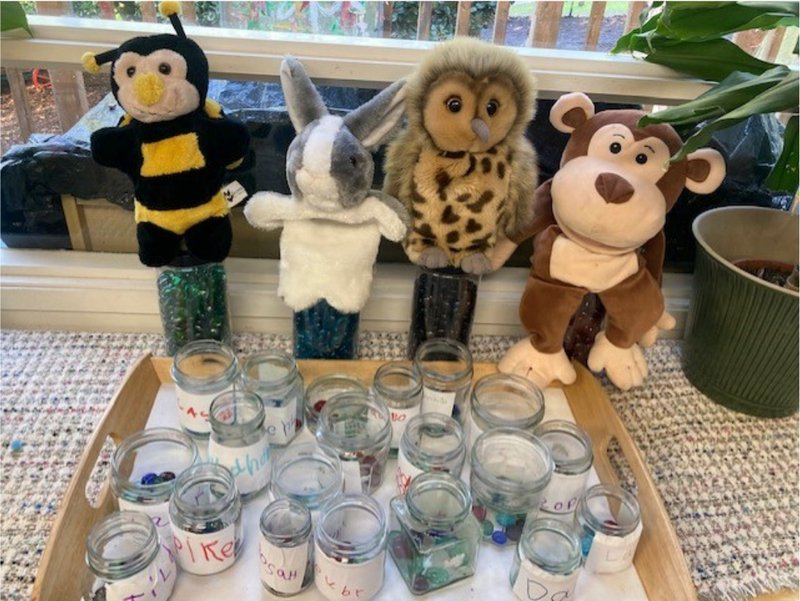
At KAS, the puppet Bobbi the Bee frames learning dispositions associated with Active Learning within the EYFS Characteristics of Effective Learning. Children report their understanding of the dispositions to their parents at the end of each term. Here are a few of the comments they shared recently:
- “Resilience means even when something is hard, you still don’t give up. Jumping down from the climbing frame is hard. I’m still practising as it’s still a little bit hard.” Milo, Reception
- “Resilience is perseverance. You keep on going even if something is hard for you. It was hard sorting out the coins the first time. Then it was easier because I practised, and I asked for help and kept trying.” Remi, Year 1
- “Resilience is when you find something difficult, and you still do it. I take deep breaths, it helps me calm down and focus. When I started, I found it hard to make friends. I introduced myself even though I was feeling scared and kept trying.” Allegra, Year 1
Above all else, helping children to develop resilience relies on teachers and caregivers really knowing each child in their class. When we know their different strengths, experiences and levels of confidence we are able to provide the right level of challenge at school in terms of the learning experiences we design. We help children to identify when something is too easy, too hard or just right so that they can exercise their ‘resilience muscle’ safe in the knowledge that that we will be there to champion their efforts, to cheer them on or to offer a helping hand until they are ready to try again.
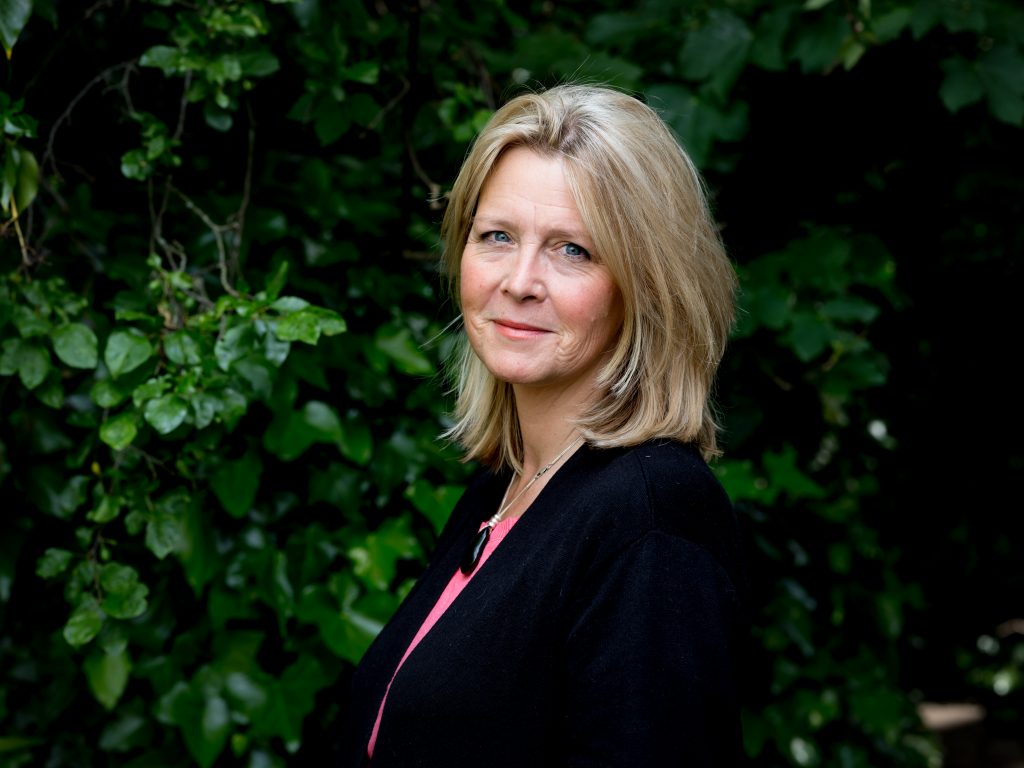
Karen Thomas, Head of Lower School


